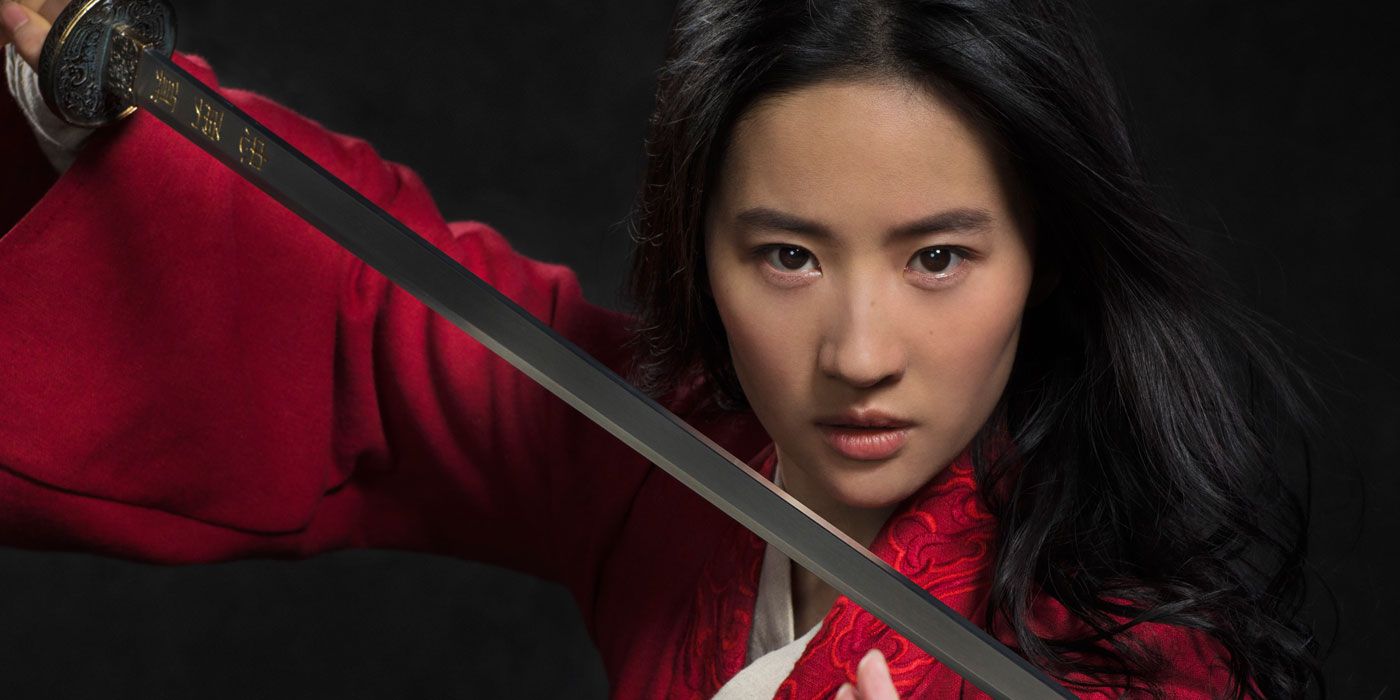Disney's live-action Mulan remake has been a contentious issue in and around South East Asia, ever since star Liu Yifei expressed support for the Hong Kong Police Force and its actions in the Hong Kong pro-democracy protests in late-2019. The situation in Hong Kong has escalated substantially since then and several groups in South Korea have now restated their support by calling for a boycott of Mulan.
On July 1, a coalition of university students and civic groups in Seoul held a rally at The Walt Disney Company Korea. According to reports, one of the aims of the rally was to urge Disney to cancel plans for Mulan's release in South Korea. In a statement, protesters explained that the growing aversion to the film stemmed from its main actor, "As someone who contributed to suppressing the people of Hong Kong, she cannot become the protagonist of Mulan," adding that her ideals inherently conflict with the broader message behind the film's story, which is "about overcoming discrimination." They concluded, "There is no slot for a movie that turns a blind eye to national violence in the movie scene in this country, which had supported the Hong Kong democracy movement."
While calls for a boycott began as early as August, Disney remained largely silent on the controversy surrounding Mulan until former Disney CEO Bob Iger expressed that the company would remain neutral on the matter. Following this, Liu stated in an interview that the situation is sensitive and she would not give in to pressure, providing no further comments.
The rally was held on the same day that the ruling Chinese Communist Party (CCP) in Beijing passed a controversial National Security Law and brought it into force in Hong Kong. Lawmakers and analysts have suggested that the new legislation targets pro-democracy protesters under the guise of defending national security by guarding against acts of secession, subversion, terrorism and collusion with foreign forces. However, it should be noted that the terms are vaguely defined in the full text and are ultimately subject to the interpretation of the CCP, making any act -- non-violent or otherwise -- against the Chinese government punishable by up to 10 years in prison. The law also applies to Hong Kong diaspora and any non-HK residents.
In August 2019, Liu posted an image on the Chinese social media app, Weibo, reading, "I support the Hong Kong Police. You can beat me now." The post sparked outrage in Hong Kong, where the HKPF had employed brutal tactics such as excessive force, use of teargas and water cannons, alongside thousands of arbitrary arrests. Supports of the Hong Kong protests launched an online #BoycottMulan movement in response. It is currently unknown how this will impact the release of the film.
Directed by Niki Caro, Disney's Mulan stars Yifei Liu as Mulan, Donnie Yen as Commander Tung, Jason Scott Lee as Böri Khan and Yoson An as Cheng Honghui, with Gong Li as Xianniang and Jet Li as the Emperor. The film is currently scheduled to arrive in theaters August 21.

